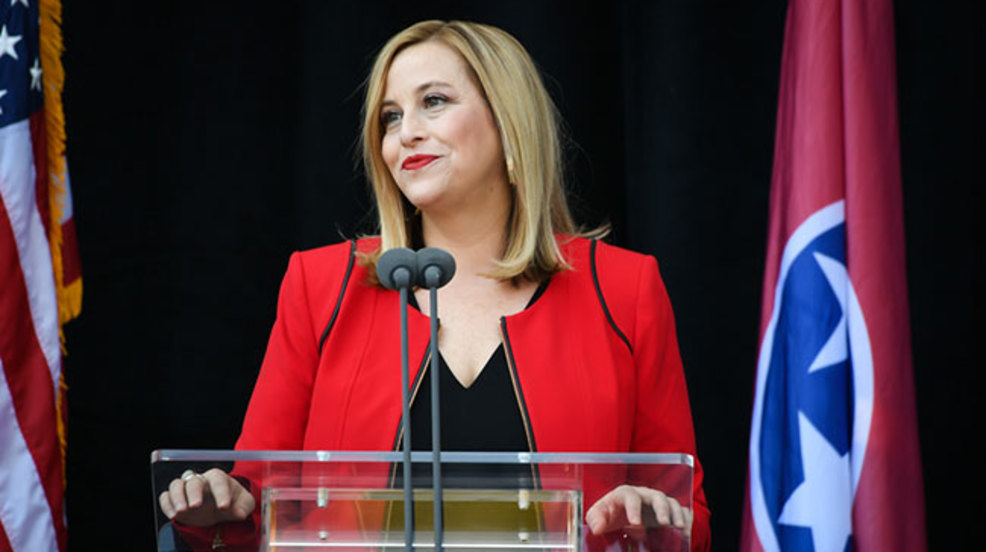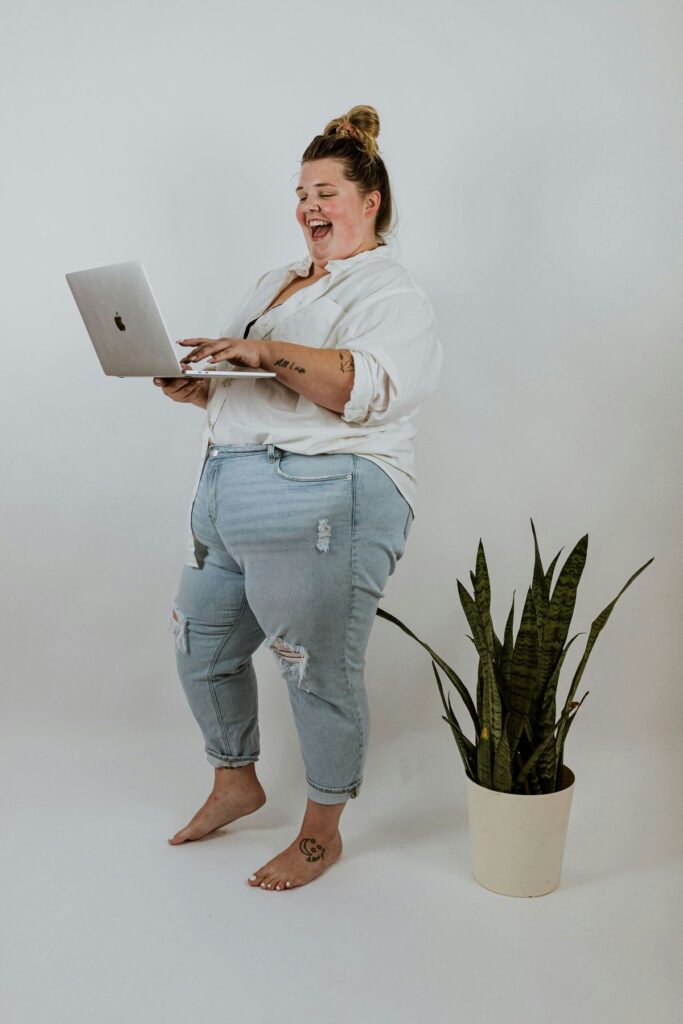Why I Was Crying during Women’s History Month
A couple weeks ago, I received an email from my husband just before entering a networking event. Ironically or not, it was a women’s networking event. And ironically or not, it was during women’s history month.
The only words I could see from the message preview were: “Oh no…” with a news article attached. My heart filled with dread, and I knew what was coming: Nashville Mayor Megan Barry’s resignation.
My eyes stung with tears, and my hands shook as I read the article. I’d wondered if the residue of Nashville’s first female mayor’s affair would would impact objectives that she was pushing through for the city. Yet, by following the story from the “business objective” angle, I’d somehow missed the obvious point that she was going on trial personally.
After hastily getting up to speed and learning of her indictment, I sat in my stun and was left with the simple mutter, “F***.”

The last time I had felt this personally affected by a stranger’s plight was in May 2015 when Sheryl Sandberg’s husband died. (Just to be clear: I understand that someone’s accidental death is in no way the same as a public official’s affair and misuse of taxpayer funds). However, the personal commonality between these two occurrences was the knot in my stomach that I felt for each – and why.
The memory of hearing about Dave Goldberg’s death nearly three years ago is crystal clear. I was sitting on our couch in London and saw the news alert on my phone. I gasped loudly enough for my Dave’s head to jerk up in concern from across the room and come running over. When he asked me what was going on, I couldn’t even squeak out what had happened before I started bawling. Bawling. Crying for days after the news broke.
He confusedly, yet gently, asked me why I was so upset about a stranger’s husband’s death. I had to admit: my reaction surprised me too. As I’ve revealed many times, empathy is not my strength, so why was I crying over a loss that was so far removed?
I tried explaining to him how this horrible event felt personal. Sheryl Sandberg is someone I look up to, even if I often critique Facebook and social media. Alongside that, I know that some women disagree with her Lean In philosophies, which is fair. But it’s one thing to disagree with the “what” of her product or message. It’s another thing to disagree with her “how.” She is smart, data-driven, articulate, humble, wealthy, empathetic, and from the looks of it – a great human.
This is a debate for another day, but many people consciously or subconsciously believe that one can have power or admirable humanity and citizenry. I think that Sheryl Sandberg is someone who possesses both – one is not at the expense of the other. And she’s a woman: she looks like me. She has qualities like me (or ones that I’m working on). She’s a role model for the future me. And then this horrible event happened. I felt it like it was me.
My friend Louisa Lombardo, who’s head of Diversity and Inclusion for Chubb Group in Europe, recently reminded me why this all feels so personal. It’s because statistically speaking, having role models for groups of people who are not in the majority, is needed for change.
You’ve probably seen the reports, explaining that one of the reasons it’s so critical to get minorities into powerful, public positions is because it serves as a magnet – and even permission – for others who are like him or her to rise to the same prestige. There’s inspiration, attraction, and an elevation that happens as the tide rises.
In the U.S. daughters of working mothers earn 23% more than daughters of stay at home mothers. (Also, sons of working mothers spend seven and a half more hours per week on childcare and 25 more minutes on housework – not for nothin’).
This is role modeling, friends. And this is why it’s important when one of my role models stumbles.
You may be thinking, “That is totally different than the downfall of Mayor Barry. She brought this on herself.” I agree with you. And actually, she does too.
But here’s the thing: there are very few Megans and Sherryls out there. So few women who have real power, exceptional professional and personal qualities, success, AND are good humans and citizens.
For Mayor Barry, I wouldn’t dare judge her humanity. But in this case, it’s pretty clear that this wrong seriously deducted from her good citizenship. There are just so few people with the characteristics and power to look up to – who look like me and my fellow women. We can’t afford to lose the few role models we have.


